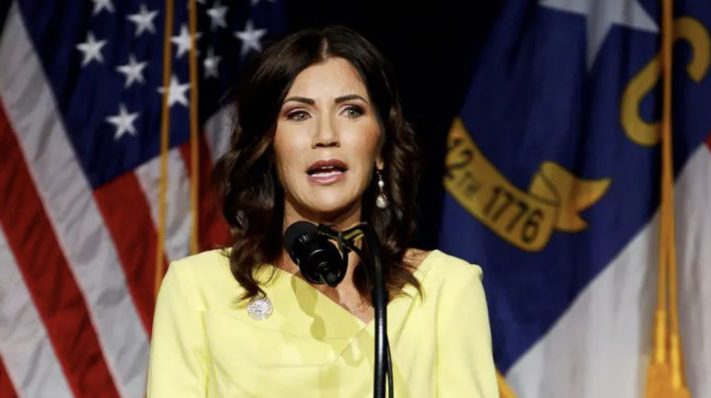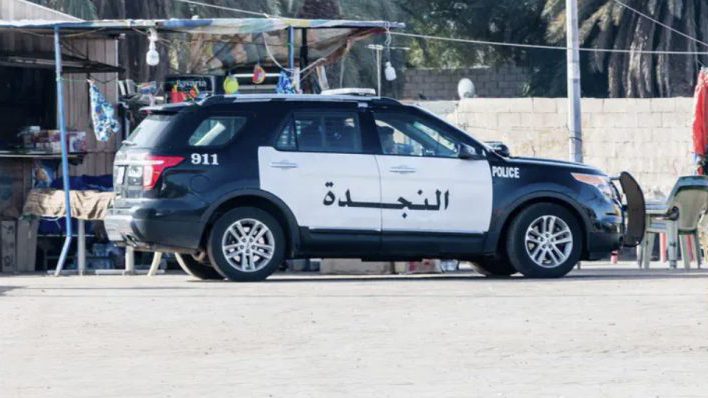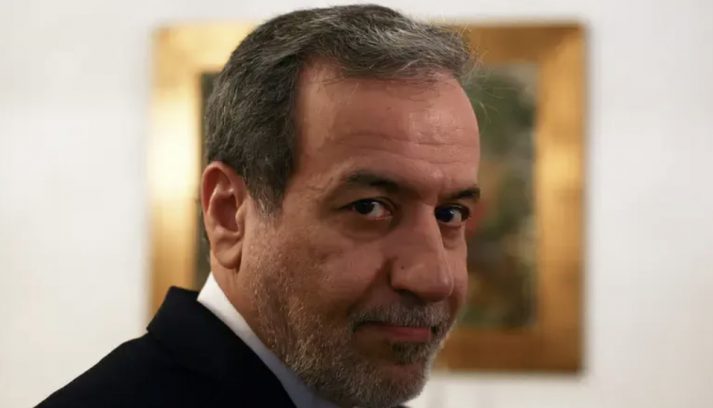The presence of official government credentials and access tools among the stolen possessions has heightened concerns about the potential security risks.
Homeland Security Secretary Kristi Noem confirmed Monday that her personal belongings were stolen during a dinner at a downtown Washington, DC, restaurant on Sunday evening. Given her position within the federal government, the incident has prompted discussions regarding the adequacy of current security measures for Cabinet officials.
According to law enforcement sources, the theft occurred at Capital Burger. Surveillance footage captured an unidentified White male wearing a medical mask as he approached Noem’s table and removed her bag before leaving the establishment. Authorities have not yet identified or apprehended the suspect.
Among the items reported stolen were Noem’s driver’s license, US passport, DHS access badge, prescription medication, apartment keys, blank checks, makeup bag, and roughly $3,000 in cash. The presence of official government credentials and access tools among the stolen possessions has heightened concerns about the potential security risks.
The US Secret Service, which is tasked with the protection of federal officials, has launched a formal investigation. Agents are conducting a comprehensive review of surveillance material and are monitoring for any attempts to misuse the financial or government-related items taken. The investigation aims to determine whether the breach has resulted in any secondary threats to national security or the Secretary’s safety.
A spokesperson for the Department of Homeland Security stated that Secretary Noem’s family, including her children and grandchildren, were in Washington to celebrate Easter. The stolen cash was reportedly intended for family-related holiday expenses, including meals and gifts. The timing and context of the incident have further complicated the response.
Security analysts have voiced concern regarding the proximity the suspect was able to achieve to a Cabinet-level official in a public setting. Experts recommend a reassessment of current protective protocols, particularly in informal or personal contexts, to mitigate risks and enhance preventive strategies in future situations involving high-ranking government figures.Homeland Security Secretary Kristi Noem confirmed Monday that her personal belongings were stolen during a dinner at a downtown Washington, DC, restaurant on Sunday evening. Given her position within the federal government, the incident has prompted discussions regarding the adequacy of current security measures for Cabinet officials.
According to law enforcement sources, the theft occurred at Capital Burger. Surveillance footage captured an unidentified White male wearing a medical mask as he approached Noem’s table and removed her bag before leaving the establishment. Authorities have not yet identified or apprehended the suspect.
Among the items reported stolen were Noem’s driver’s license, US passport, DHS access badge, prescription medication, apartment keys, blank checks, makeup bag, and roughly $3,000 in cash. The presence of official government credentials and access tools among the stolen possessions has heightened concerns about the potential security risks.
The US Secret Service, which is tasked with the protection of federal officials, has launched a formal investigation. Agents are conducting a comprehensive review of surveillance material and are monitoring for any attempts to misuse the financial or government-related items taken. The investigation aims to determine whether the breach has resulted in any secondary threats to national security or the Secretary’s safety.
A spokesperson for the Department of Homeland Security stated that Secretary Noem’s family, including her children and grandchildren, were in Washington to celebrate Easter. The stolen cash was reportedly intended for family-related holiday expenses, including meals and gifts. The timing and context of the incident have further complicated the response.
Security analysts have voiced concern regarding the proximity the suspect was able to achieve to a Cabinet-level official in a public setting. Experts recommend a reassessment of current protective protocols, particularly in informal or personal contexts, to mitigate risks and enhance preventive strategies in future situations involving high-ranking government figures.





